Project Proposal
Empowering Small Women Farmers through Social Protection Awareness
The “Empowering Small Women Farmers through Social Protection Awareness” project aims to address the challenges faced by small women farmers in accessing social protection mechanisms for emergencies, climate shocks, and economic uncertainties.
For getting a complete proposal you can contact us at
Contact: gdn100@gmail.com / What’s App Us:+923082792040 and pay the price of your desired project.
Product Description
Executive Summary: The “Empowering Small Women Farmers through Social Protection Awareness” project aims to address the challenges faced by small women farmers in accessing social protection mechanisms for emergencies, climate shocks, and economic uncertainties. Through targeted awareness campaigns and capacity-building activities, the project aims to empower small women farmers and improve their resilience and livelihoods in rural communities. Challenges: Small women farmers face numerous challenges that hinder their access to social protection. These challenges include limited awareness of available schemes, complex eligibility criteria, lack of information on application procedures, and inadequate support in completing documentation. Furthermore, gender norms and discriminatory practices often limit women’s representation and participation in decision-making processes related to social protection. Overcoming these challenges and ensuring equal access to social protection is crucial for the economic empowerment and well-being of small women farmers. Objective: The project’s main objective is to empower small women farmers by enhancing their awareness and understanding of social protection schemes, improving their access and utilization of these schemes, and advocating for their rights and inclusion in decision-making processes. Activities: 1. Conducting a baseline assessment: Carry out a detailed assessment of the knowledge, attitudes, and practices of small women farmers regarding social protection mechanisms. This will help identify specific needs and gaps in awareness and utilization. 2. Awareness campaigns: Organize workshops, community meetings, and information-sharing sessions to raise awareness among small women farmers about social protection schemes, eligibility criteria, and application procedures. Utilize various communication channels, including local media, to reach a wider audience. 3. Capacity-building training: Provide training sessions on financial management, documentation preparation, and rights advocacy to empower small women farmers to navigate the social protection system confidently. 4. Networking and partnerships: Collaborate with local government agencies, non-governmental organizations (NGOs), and other stakeholders to strengthen coordination and leverage resources for supporting small women farmers. Build partnerships to enhance the sustainability of the project’s activities. 5. Mentorship and peer support: Establish mentorship programs and peer support networks where experienced women farmers can guide and support newer entrants, promoting knowledge sharing and empowerment.

Implementation Plan: 1. Project initiation and team formation: Establish the project team, including project coordinator, trainers, and support staff. Develop a detailed project plan, timeline, and budget. 2. Baseline assessment: Conduct a baseline assessment to understand the current status of small women farmers’ knowledge and utilization of social protection schemes. 3. Activity implementation: Conduct awareness campaigns, capacity-building training, and networking activities as per the project plan. Monitor progress and adapt activities as needed. 4. Partner engagement: Collaborate with local government agencies, NGOs, and other stakeholders to ensure their involvement, resource-sharing, and long-term sustainability of the project. Outcomes: 1. Increased awareness among small women farmers about social protection schemes. Monitoring and Evaluation: 1. Monitoring: Regular monitoring of project activities, outputs, and outcomes to track progress and identify any issues or challenges. This will involve collecting data on the number of participants, training sessions conducted, and awareness levels before and after the project’s implementation. 2. Evaluation: Conducting a comprehensive evaluation at the end of the project to assess the impact and effectiveness of the awareness campaigns and capacity-building activities. This will include assessing changes in knowledge, utilization of social protection mechanisms, and empowerment levels of small women farmers. Sustainability of the Project: To ensure the sustainability of the project, several strategies will be employed. These include:
2. Improved access and utilization of social protection mechanisms by small women farmers.
3. Enhanced advocacy skills of small women farmers in asserting their rights and influencing decision-making processes.
4. Strengthened networks and partnerships for continued support to small women farmers.
1. Strengthening partnerships with relevant stakeholders to leverage resources and support.
2. Training and capacity-building of local farmers and organizations to continue awareness activities beyond the project duration.
3. Promoting the establishment of farmer-led cooperatives and networks that can advocate for the rights and needs of small women farmers.
4. Facilitating knowledge sharing and mentorship programs to ensure the transfer of skills and empowerment of future generations.
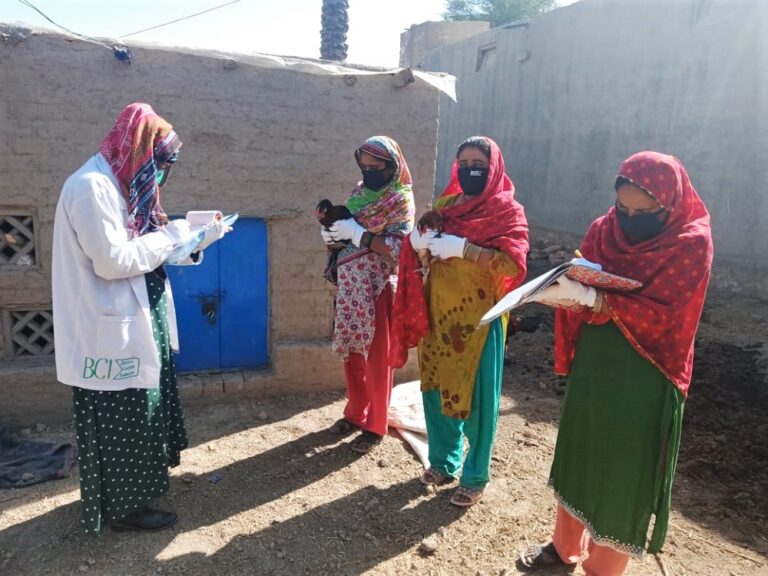
BUDGET “Empowering Small Women Farmers through Social Protection Awareness” campaign: 1. Printing and production of informational materials: 2. Venue rental for awareness workshops and community meetings: 3. Audio-visual equipment rental for presentations: $200 4. Payment for trainers and resource persons: 5. Translation and interpretation services (if needed): $200 6. Refreshments for workshop participants: $200 7. Transportation expenses for field visits and community outreach: $300 8. Miscellaneous expenses: Total Estimated Budget: Grand Total Estimated Budget: $2,500
– Brochures, leaflets, and posters: $300
– Design and layout services: $200
– Workshop venue rental: $200
– Community meeting venue rental: $100
– Trainer fees (per workshop): $100 (for 4 workshops: $400)
– Resource person fees (per workshop): $50 (for 4 workshops: $200)
– Total: $600
– Stationery and printing costs: $100
– Communication expenses (phone, internet): $50
– Administrative expenses: $50
– Total: $200
– Printing and production: $500
– Venue rental: $300
– Audio-visual equipment rental: $200
– Trainers and resource persons: $600
– Translation and interpretation services: $200
– Refreshments: $200
– Transportation expenses: $300
– Miscellaneous expenses: $200



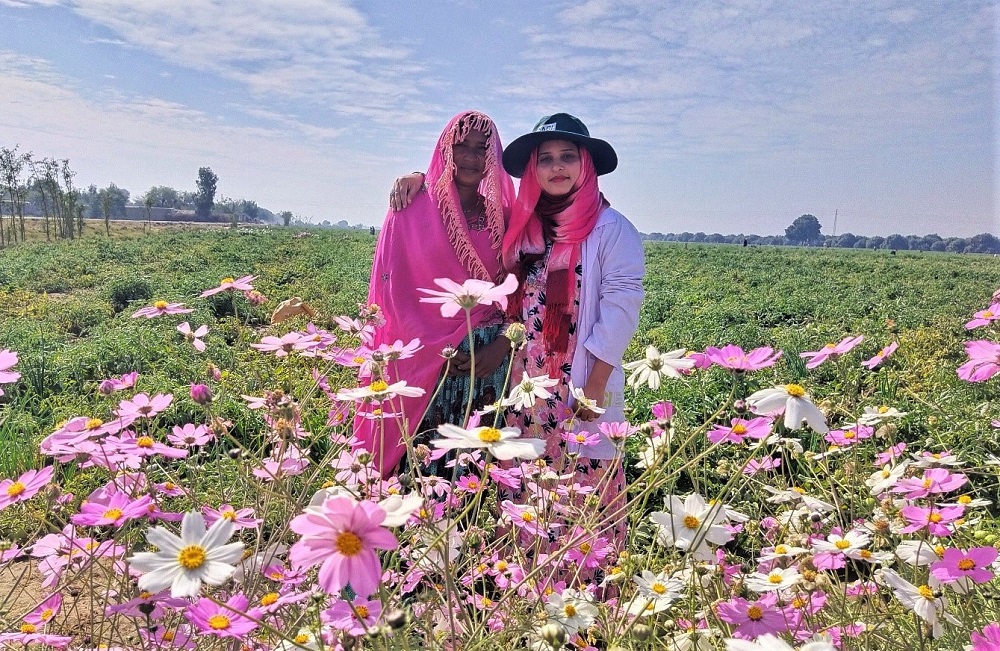
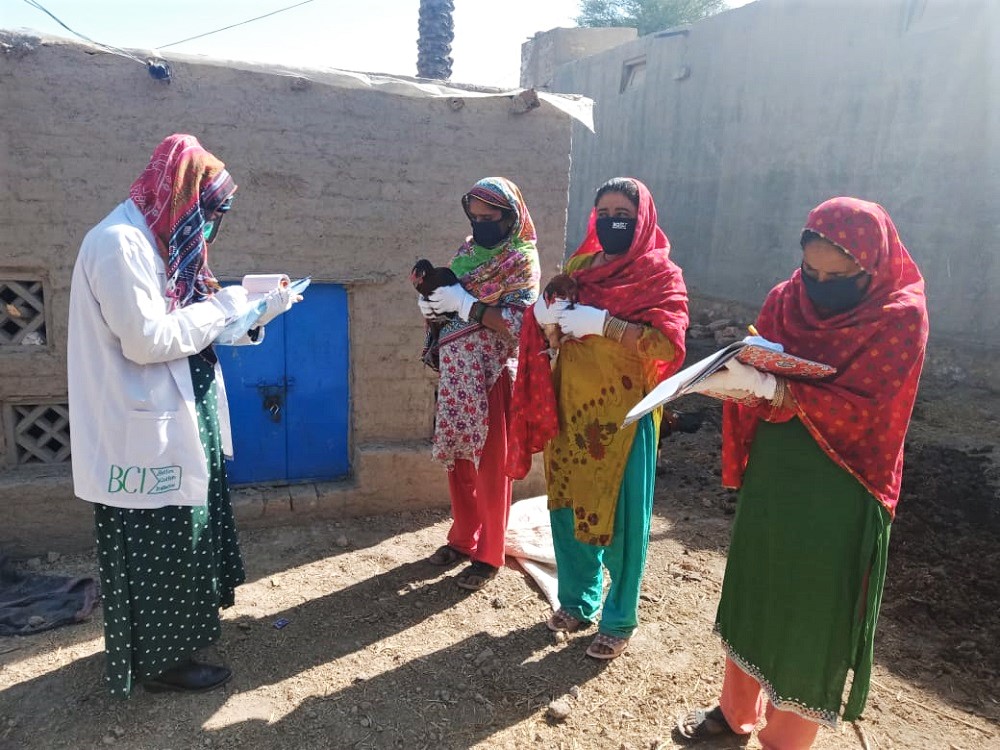
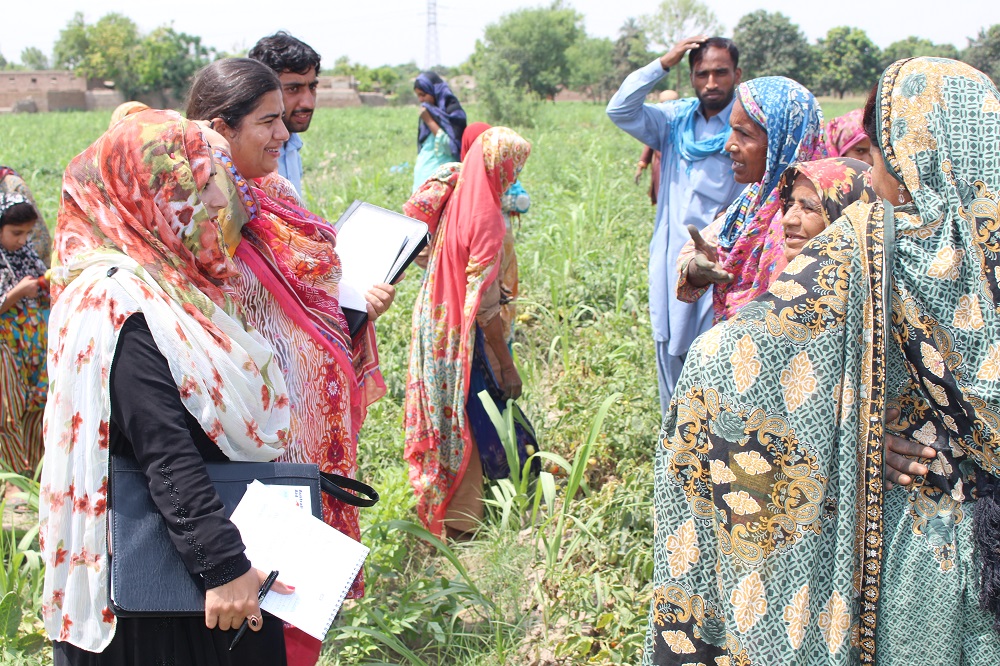





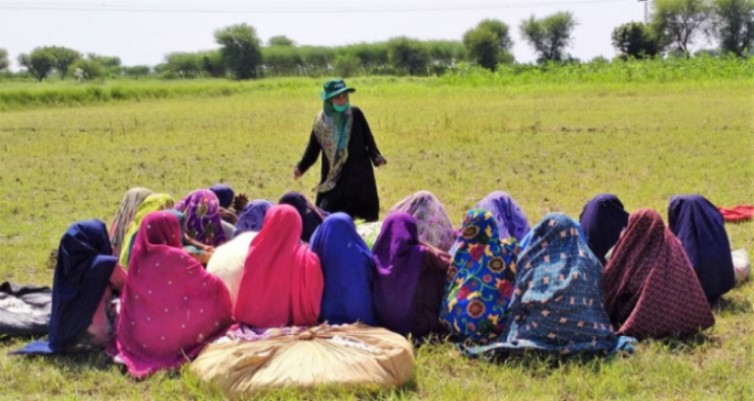
Reviews
There are no reviews yet.